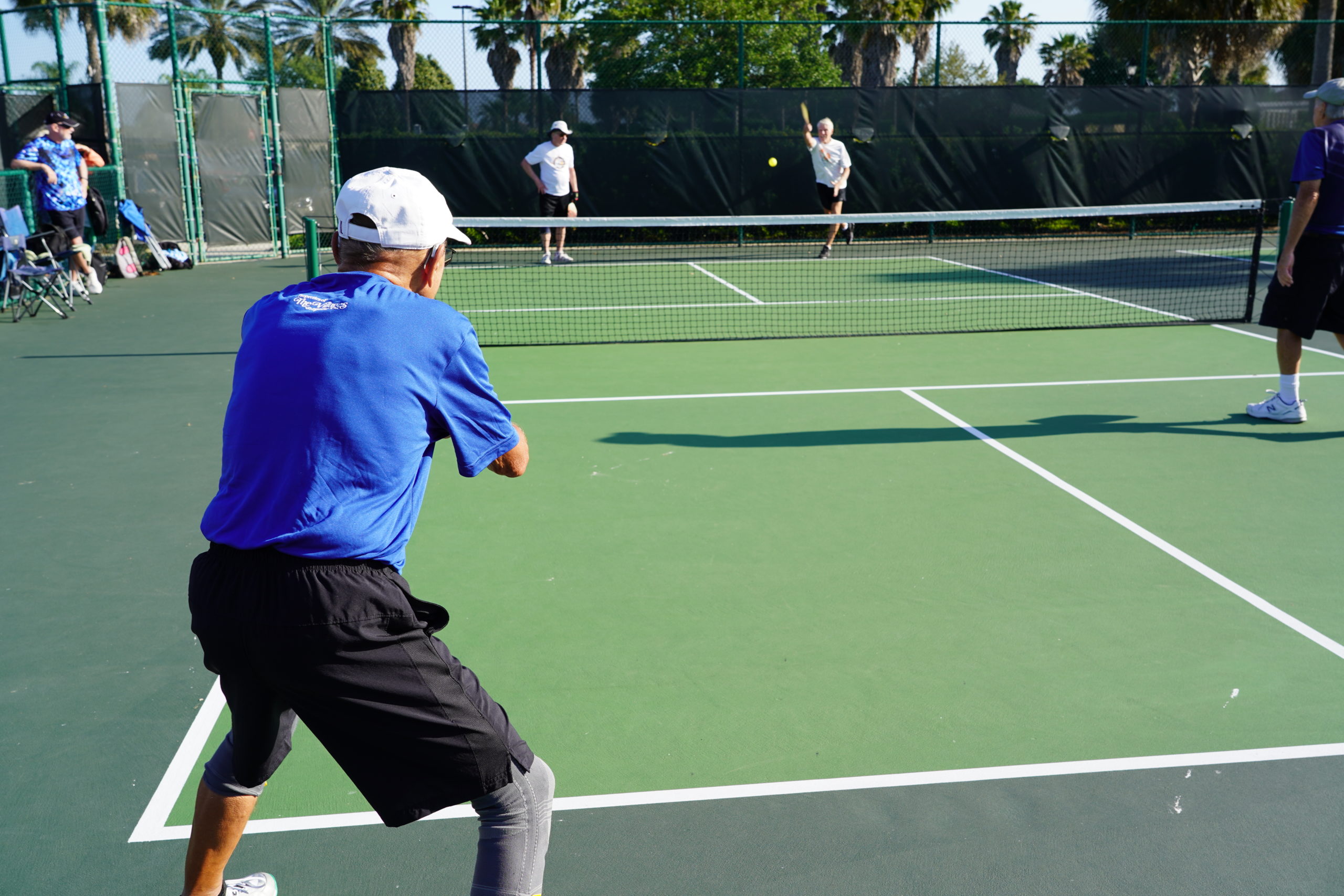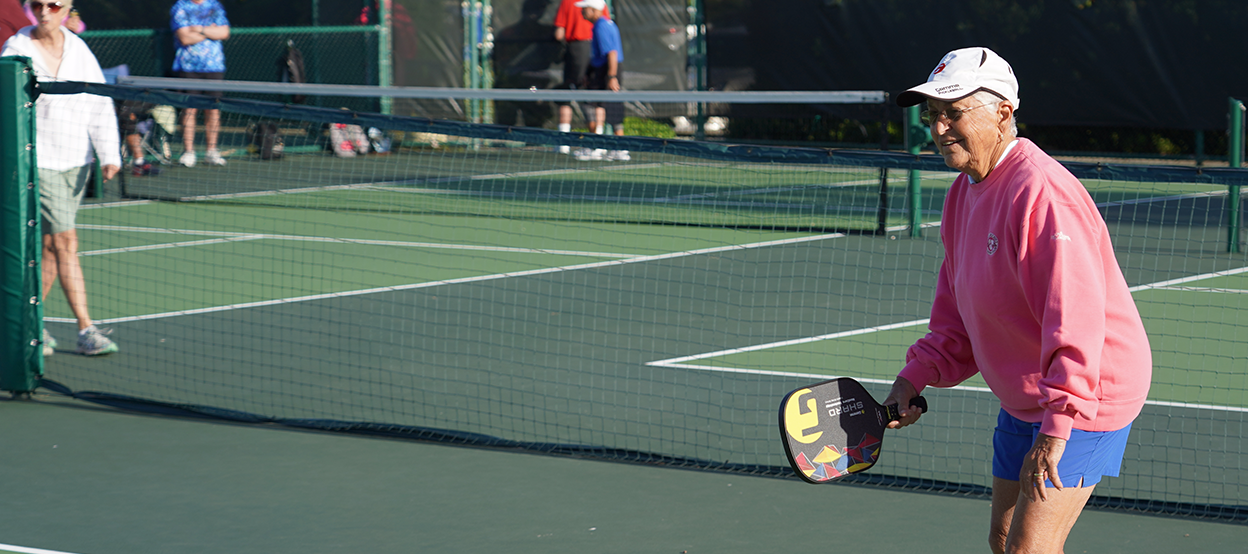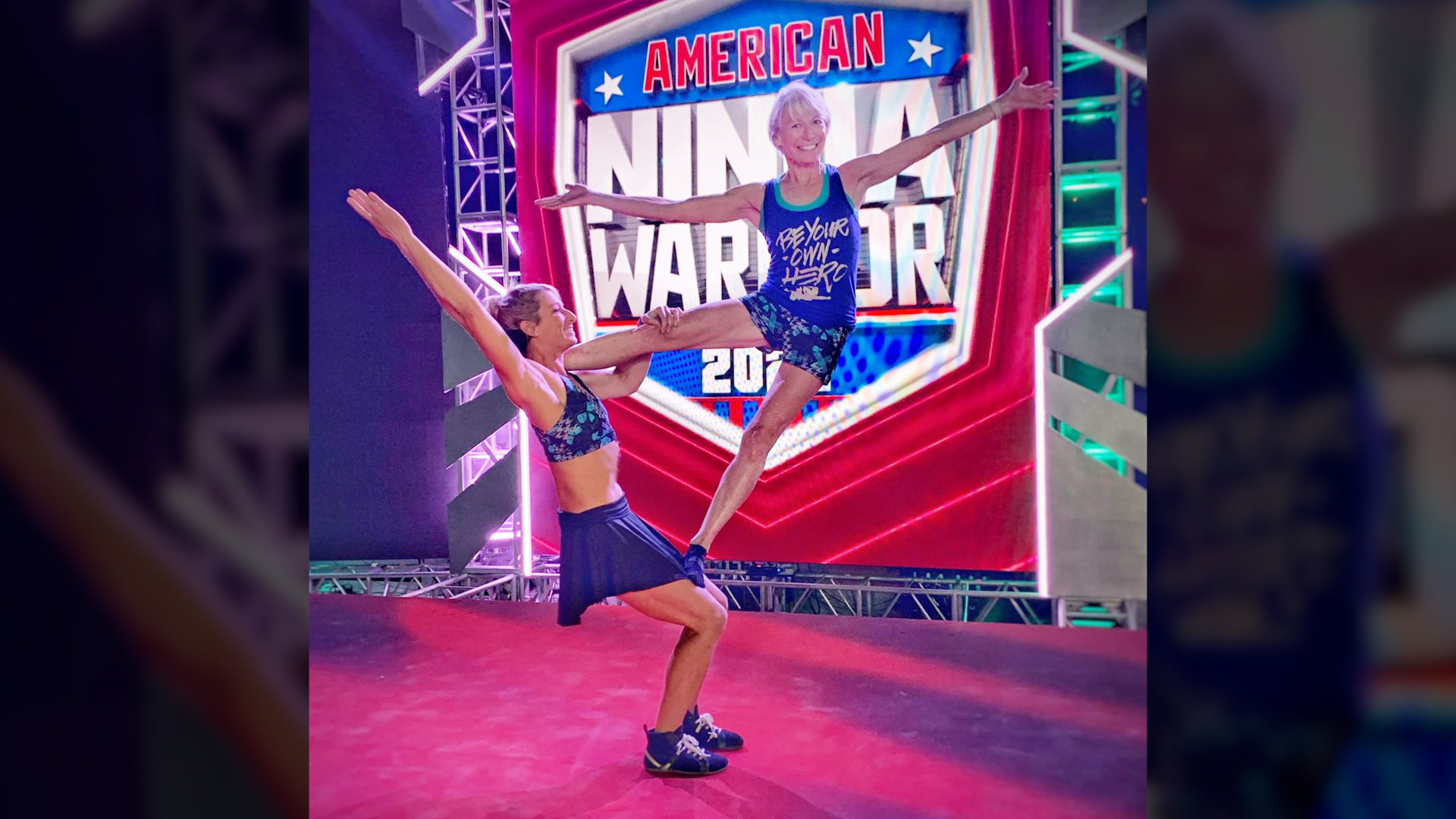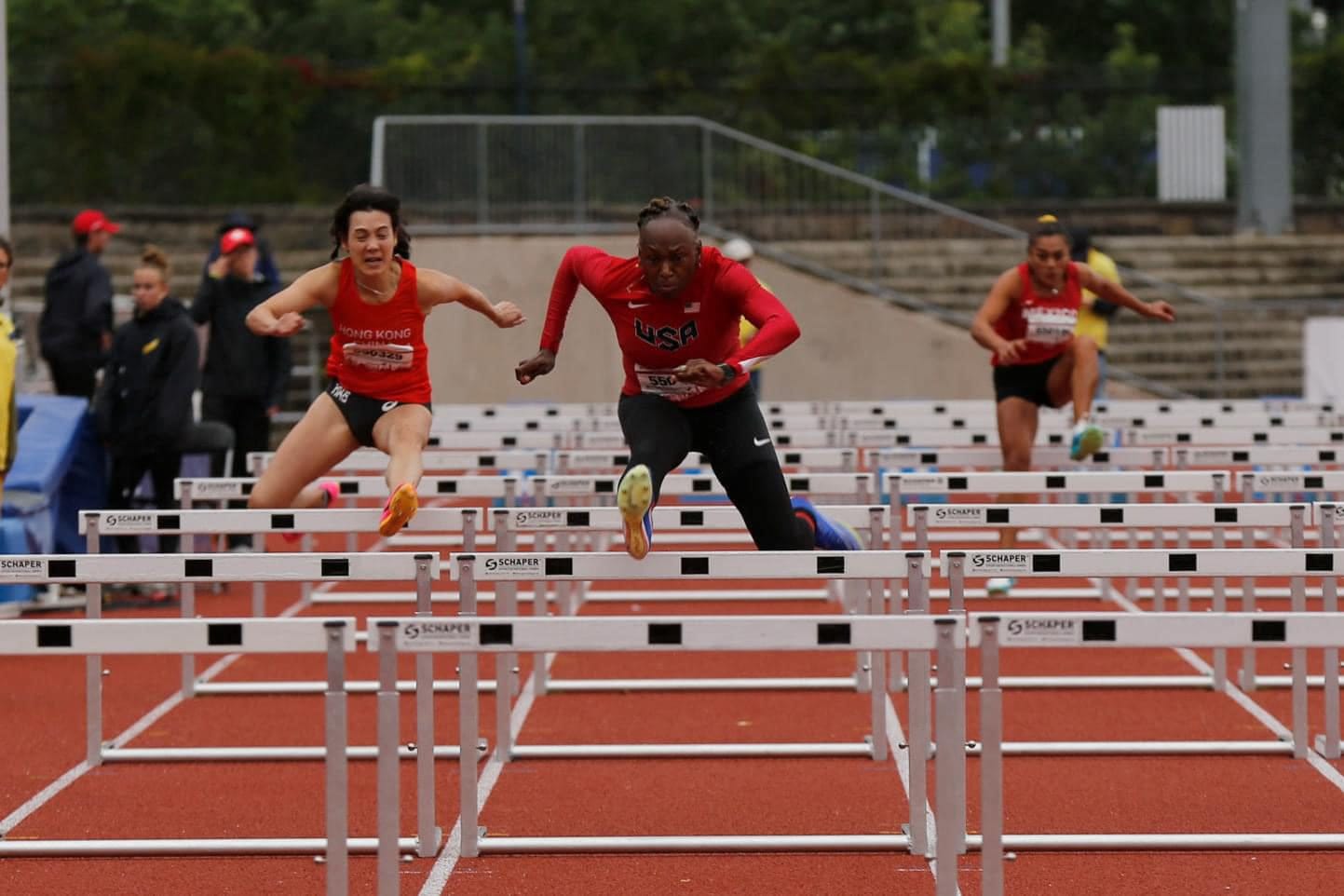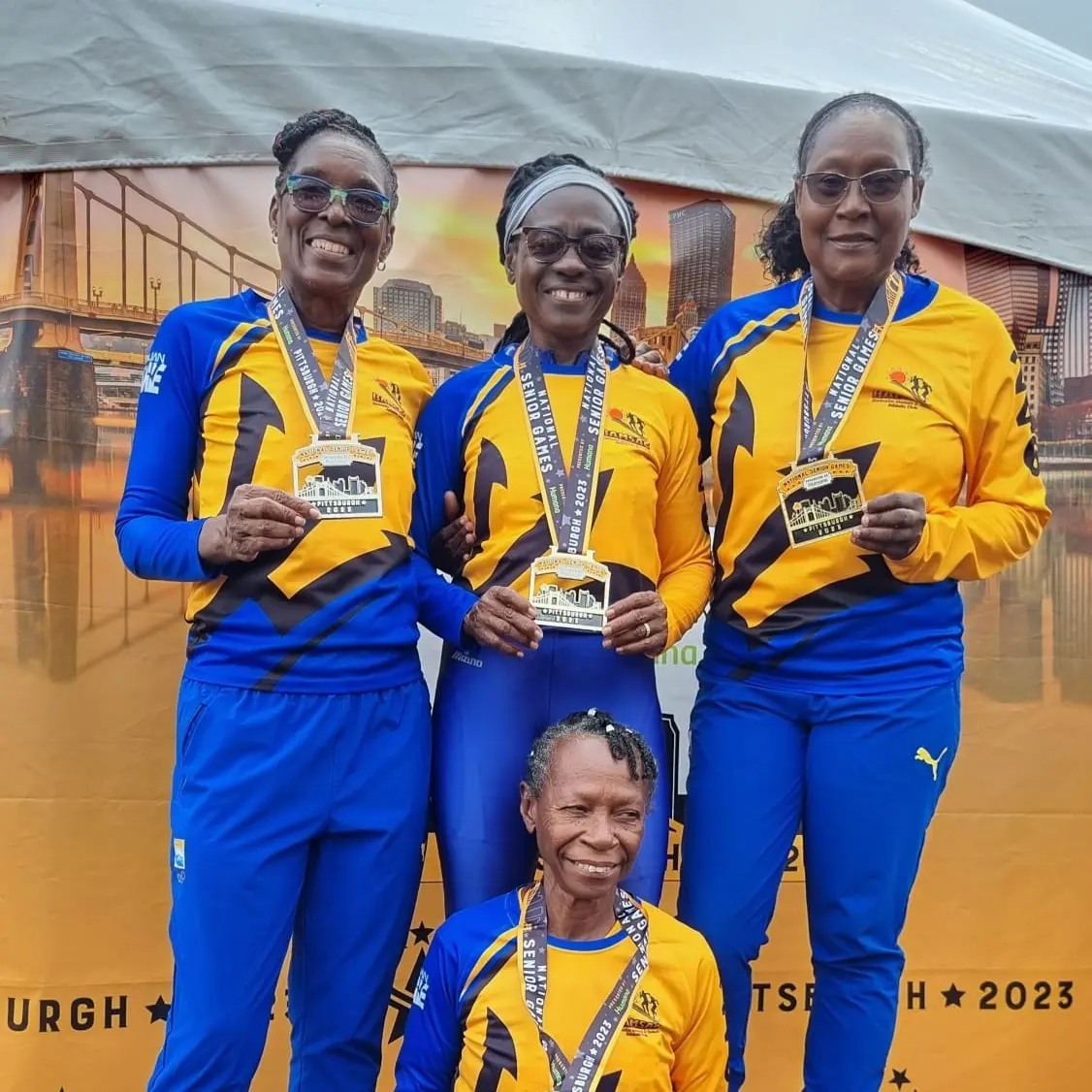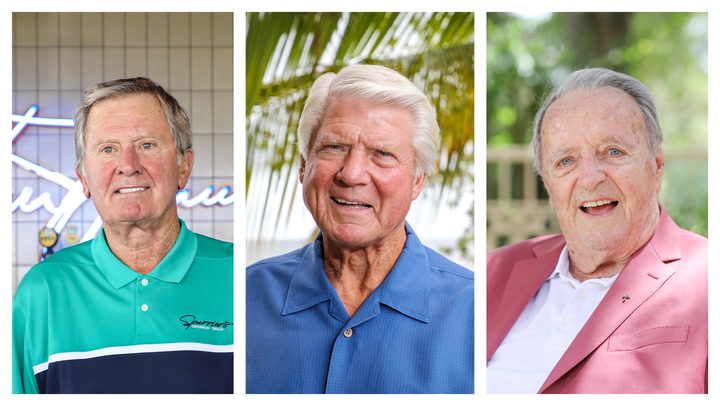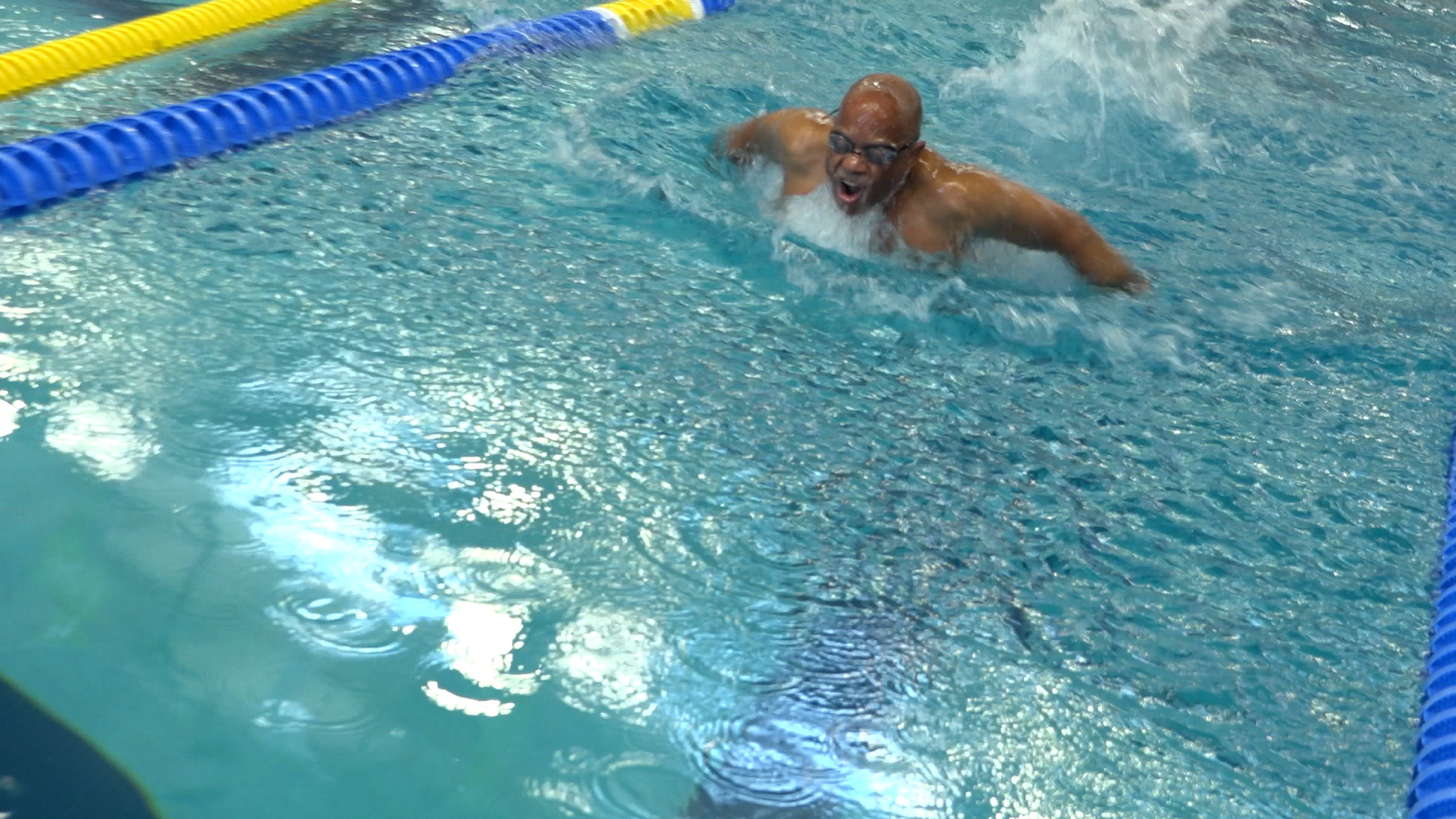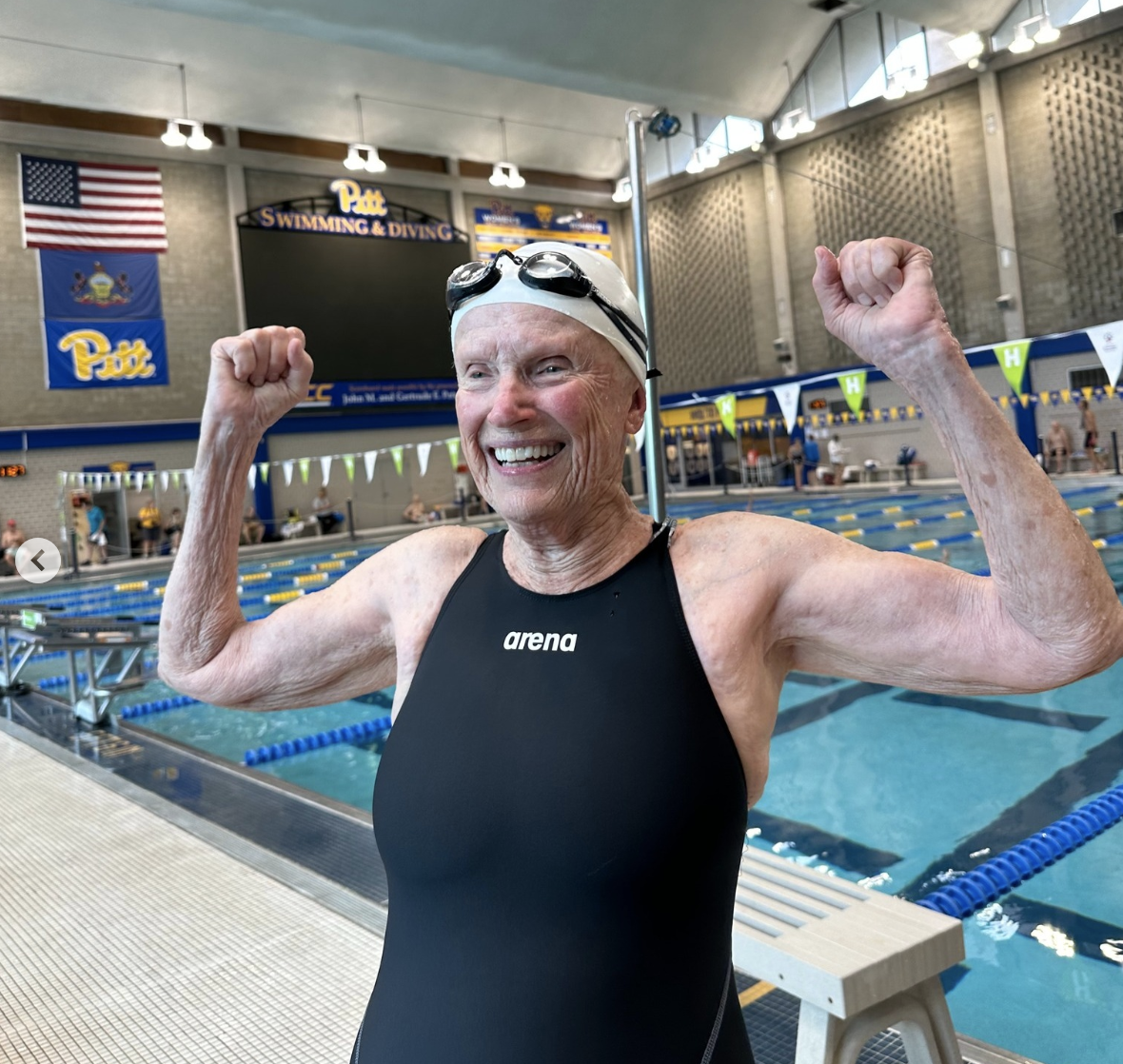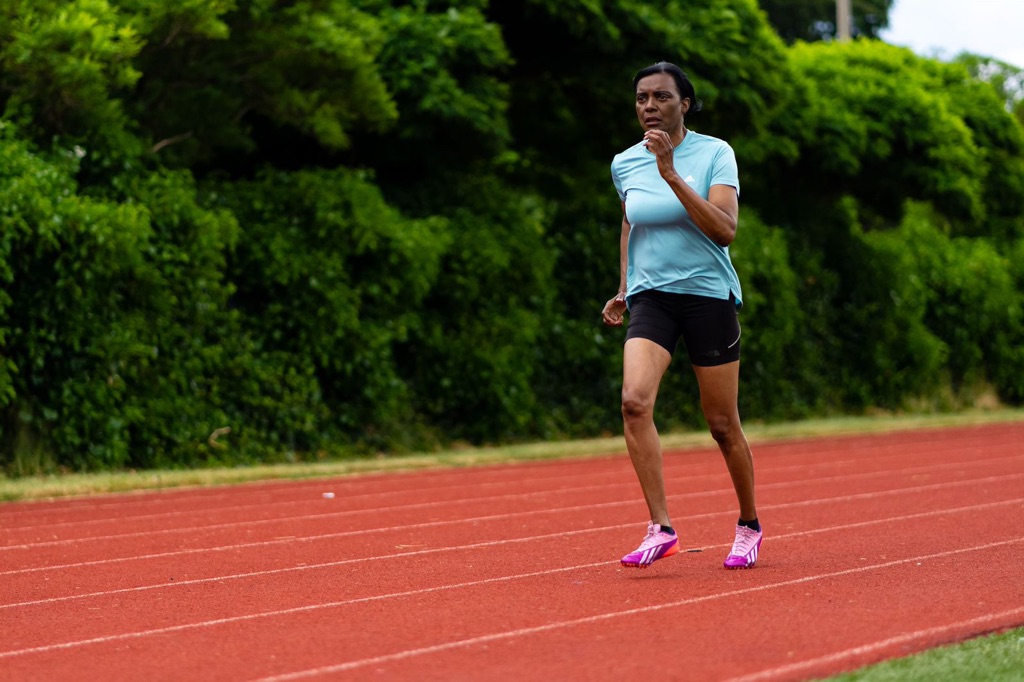It’s the sport with the funny name but there is nothing funny about the exploding popularity of pickleball. It’s the fastest growing sport in America with more than five million passionate players. Invented in the summer of 1965 by some vacationing fathers who were looking for a way to keep their families entertained, pickleball is a paddle game played with a baseball-sized wiffleball over a tennis-type net on a badminton-sized court.
For decades, pickleball was mostly a little-known recreational sport for older adults described by some as “the new shuffleboard.” And then the pandemic hit. Perfect for socially distanced competition, inexpensive to start and easy to learn, participation exploded in 2019 jumping 40% in just 2 years, according to a report from the Sports & Fitness Industry Association. The growth has been across the board: male and female, urban and rural, young and old, pure beginners and stars from other racquet sports.
“World class racquetball and tennis players are pouring into the game,” says Dick Johnson, an 81-year-old national pickleball champion. “You can be as competitive as you want,” adds Chris Powers, a former tennis player who’s now a Professional Pickleball Association (PPA) ranked player. “I played in the US Open a week ago and won gold in the women’s 65+ age group. I just love to compete.”
The National Senior Games was way ahead of the curve when it comes to pickleball mania, adding the sport back in 2012. Nearly 1,500 of the 12,000 athletes competing in the 2022 National Senior Games came to play pickleball. “It’s so popular because anybody of any age, shape, size and fitness level can compete,” explained Paula Rockwell, a 66-year competitor from Port Charlotte, Florida. “You can play with your kids, your grandkids, and your great grandkids,” says 91-year-old Marion Lisehora. “We had four generations in my family out there and everyone had a great time.”
The sport’s social nature has created a true sense of community among participants. It’s that camaraderie that keeps new players coming back for more and has country clubs, recreation centers, residential communities, high schools, and hotels all adding pickleball to their lists of activities and amenities.
Pickleball’s greatest ambassadors may be those in their 80s and 90s who are proving by example that it’s a game for life. “It’s made a huge difference in my life,” says Johnson, “My good friends are dying all the time. I’m convinced that I’m still alive because of the game.” “I wouldn’t be playing tennis at my age.” says 81-year-old Jean Kiker. “I look at that big court and I think, ‘How did I ever do it?’ But pickleball is well within your reach in your 90’s.” “I just hope I’m able to play when I’m their age,” says Lori Seaman. “You see them and realize that if they can do it, I can do it too.”
That explains the growth of pickleball. It’s the rare sport that can be easily learned, immediately enjoyed, and is constantly challenging. It’s the sport that makes anyone, of any age, and any ability believe that I can do it too.
